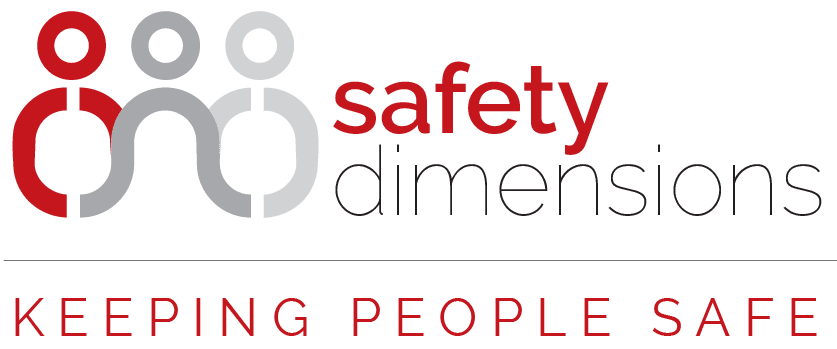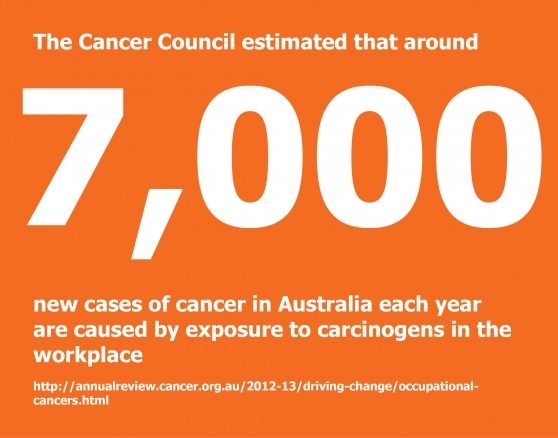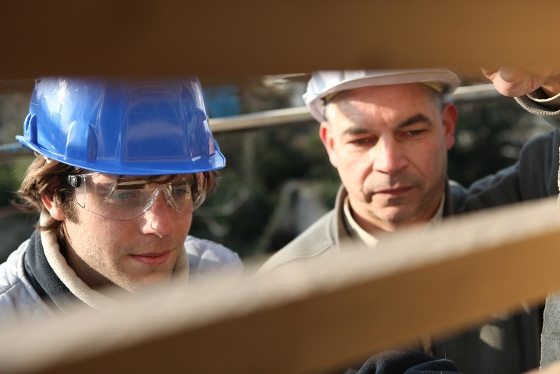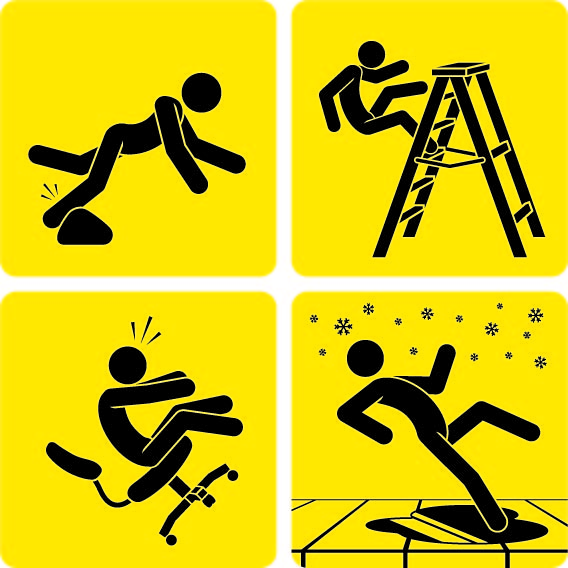Are you and your workers skimping on sleep?
It’s been proven that sleep deprivation not only means poorer performance, productivity and safety outcomes, but has an impact on our physical health.
Researchers found workers losing just 16 minutes of sleep (from the 7-9 hours a night recommended) showed a difference between a clear-headed day at work or one filled with distractions.
At the point of sleep deprivation (less than 6.5 hours a night) the likelihood of a workplace accident increases by 70%.
In this deep dive TED Talk into the science of slumber, Matt Walker shares the good things that happen when you get good sleep — and the alarmingly bad things that happen when you don’t (with some surprising insights for men) on both your brain and body.
This includes sleep’s impact on your learning, memory, immune system and even your genetic code — as well as some helpful tips for getting some shut-eye.
Sources
https://www.sciencedaily.com/releases/2019/04/190423133605.htm
https://www.americansafetycouncil.com/content/osha-10-safety/
Need to get your people focused on all aspects of safety?
Enquire about the Safety Leadership Foundation Program course outline or call us on 03 9510 0477.
Learn More About Our Foundational Safety Leadership Program
Focusing on shifting individual attitudes and mindsets regarding how safety is viewed in the workplace, this program also teaches new skills and knowledge to embed behaviour change at an individual and organisational level.
To find out how we can customise this program for your needs call us on 03 9510 0477.
Want to transform your organisation's safety culture?
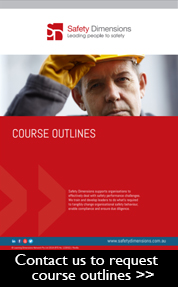 Safety Dimensions offers accredited and non-accredited leadership training for leaders, safety professionals and employees to support organisations to effectively deal with safety performance challenges.
Safety Dimensions offers accredited and non-accredited leadership training for leaders, safety professionals and employees to support organisations to effectively deal with safety performance challenges.
We can train anywhere in Australia and our programs can be customised for your workplace and industry. Download our program guide.
Call 03 9510 0477 or email info@ldn.com.au
From our blog
Dealing With Stress Programs
Dealing With Stress Programs Stress comes in many forms, sometimes positive and useful for peak performance and sometimes counterproductive when built up over a period of time. Stress shows up as higher absenteeism, higher workcover claims, poor performance, bullying...
Cancers from workplace exposure
The Cancer Council estimated that around 7,000 new cases of cancer in Australia each year are caused by exposure to carcinogens in the workplace. The report estimates that as many as 1.5 million Australian workers, engaged in 51 different industries, may be exposed to...
Staying Cool Under Extreme Heat
As summer temperatures soar around the country, Worksafe Victoria shares some advice about how to prevent heat illness from working outdoors in hot weather or where heat is generated as part of work. With temperatures predicted to reach above 40 degrees Celsius across...
Donald’s Disney Safety Video – A Blast From The Past With Relevance Today
Sometimes it takes the ridiculous to remind us how our behaviours and safety standards can be in complete contrast from one environment to the next. In this classic slap-stick Disney cartoon from 1956, J. J. Fate follows Donald Duck through his workday, contrasting...
Waiting For Safety – Why Young People “Wait and See” To Report Hazards
A recently published Canadian study by the Journal of Safety Research showed that young people considered their supervisors one of the barriers to injury prevention and reporting. The study titled Waiting for Safety: Responses By Young Canadian Workers To Unsafe...
Workers Compensation – What does it cost?
According to Safe Work Australia's 'Key Workers’ Compensation Information Australia 2013 Report'*, in the year 2010-11 there were 127,330 serious workers’ compensation claims involving one or more weeks of time lost from work, a permanent incapacity or fatality. This...
